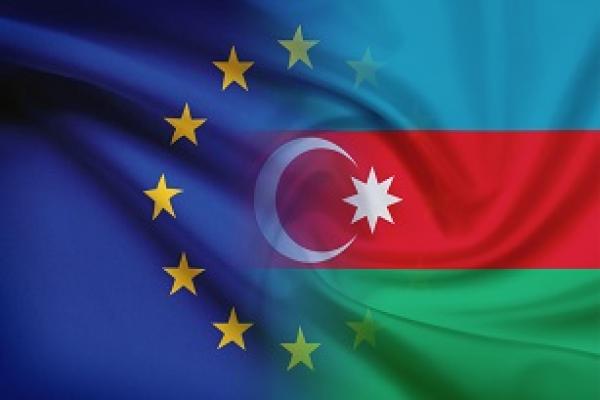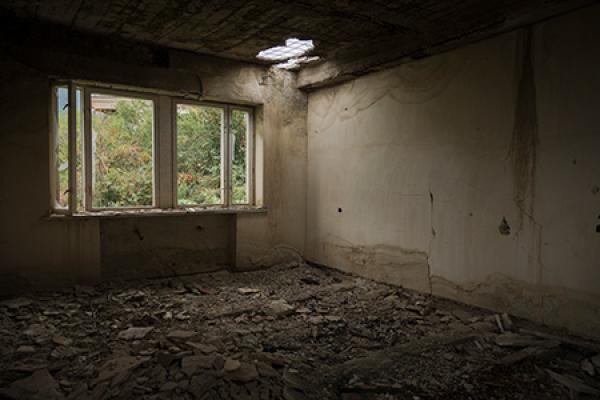Latest News

The 2nd Ministerial Meeting of the EU-Azerbaijan Green Energy Advisory Council took place in Baku last Friday, co-chaired by Commissioner for Energy Kadri Simson. The meeting was an important moment for strengthening our partnership in the field of renewable energy…

The EU is boosting its humanitarian funding with €5 million in response to the increasing needs resulting from the Nagorno-Karabakh crisis.



